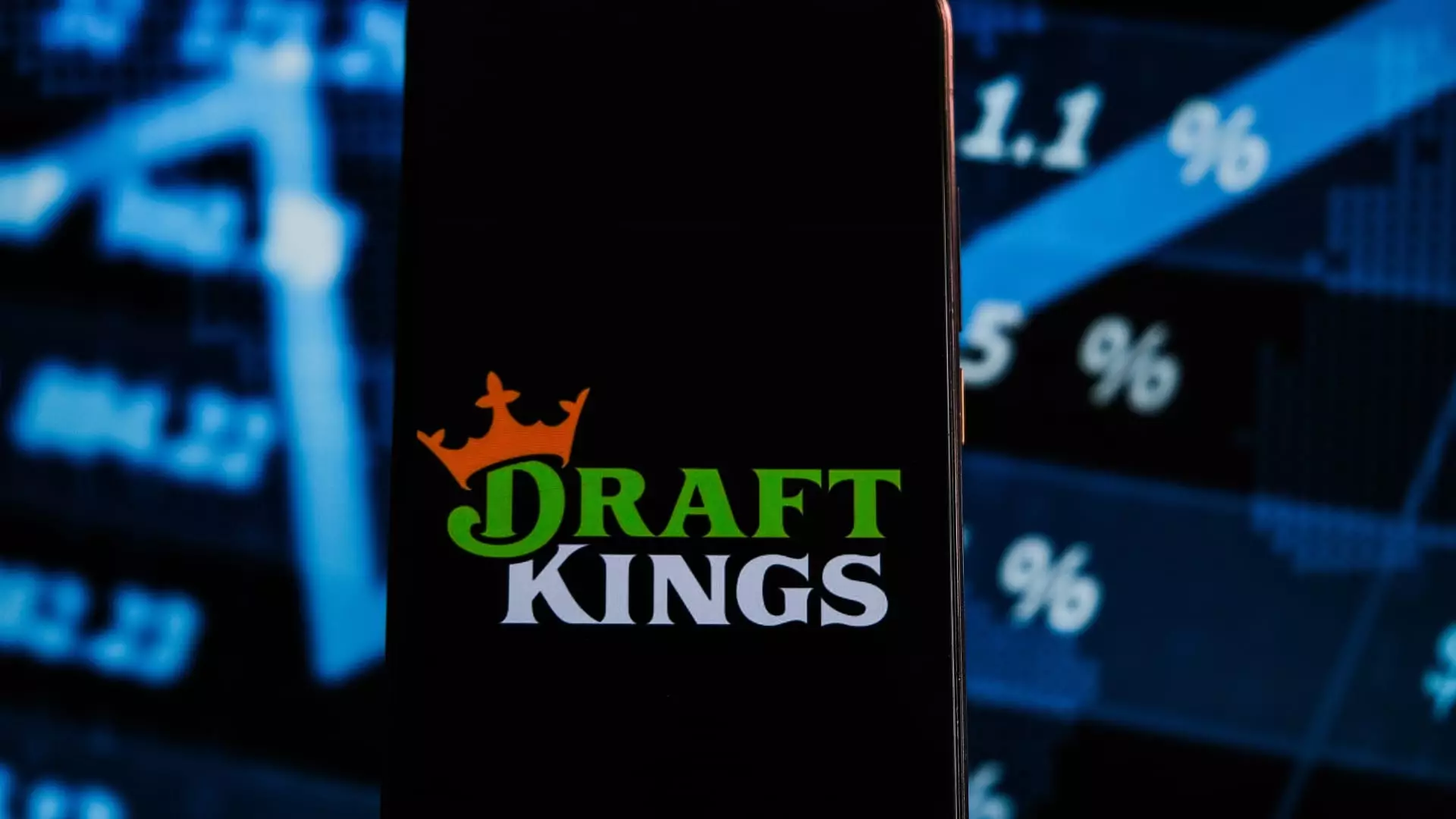In an alarming turn of events, online sports betting stocks faced a notable decline after Illinois legislators endorsed a budget that escalates taxes on wagers. This move not only rattles investors but also serves as a harbinger of potential shifts in regulatory landscapes across the nation. With major players like DraftKings tumbling over 6% and Flutter Entertainment seeing a 2% dip, the market is clearly responding to this new political climate. This isn’t just a minor blip; it underscores a broader, more concerning trend where states grapple with budget deficits and turn to the lucrative world of digital gambling for quick financial fixes.
Illinois’ new tax regime mandates a staggering 25 cents per bet for the first 20 million online wagers and ramps up to 50 cents thereafter. Such a steep tax rate places Illinois among the most heavily taxed regions for online gambling in the country. Analyst Barry Jonas from Truist aptly called this decision a “last-minute surprise,” highlighting that it’s the second consecutive year Illinois has imposed an unexpected financial burden on this burgeoning industry. The question now looms: can investors expect this “Illinois model” to proliferate in other states facing fiscal challenges?
Investor Fractures and Market Repercussions
The repercussions are not limited to Illinois; they ripple through the larger market, affecting stocks and investor confidence. Moreover, it’s telling that while industry giants like DraftKings and FanDuel will likely surpass the 20 million bet threshold—hence facing the punitive higher tax rate—smaller competitors may experience a more muted effect. This distinction is crucial, as it suggests that a monopolistic landscape could be emerging, where only the big players survive due to their ability to absorb such taxes while the little guys get squeezed out.
In contrast, MGM Resorts’ shares have also taken a hit, further reflecting investor apprehensions. The overall picture reveals a once-thriving sector now gripped by uncertainty, risking a chilling effect on new market entrants and potential innovation. Penn Entertainment, an aspiring heavy hitter in the industry with its ESPN Bet platform, felt a slight impact, yet even a small drop in stock prices can signal deeper cracks in the foundation of this profitable enterprise.
A National Landscape Awash in Fiscal Fear
As cynicism spreads, the broader market is engulfed in a cloud of anxiety about whether other states will mimic Illinois’ approach, effectively weaponizing taxes as a means to balance their budgets. The Tax Foundation outlines the spectrum of statewide levies on digital sports betting, ranging drastically from a prohibitive 51% in New York to a paltry 6.75% in Nevada. Even as 27 states and Washington D.C. allow legal online sports betting, the looming question hangs in the air: will more states prioritize potential revenue over fostering a sustainable and flourishing market?
This wave of regulations raises significant concerns about the viability of the sports betting industry moving forward. Are state governments endangering not only the short-term profitability of these companies but also the long-term prospects for an industry that has only just begun to find its footing? The increased taxation may relieve states’ fiscal woes momentarily, but it could strangle the very players that promise to invigorate local economies and create jobs.

